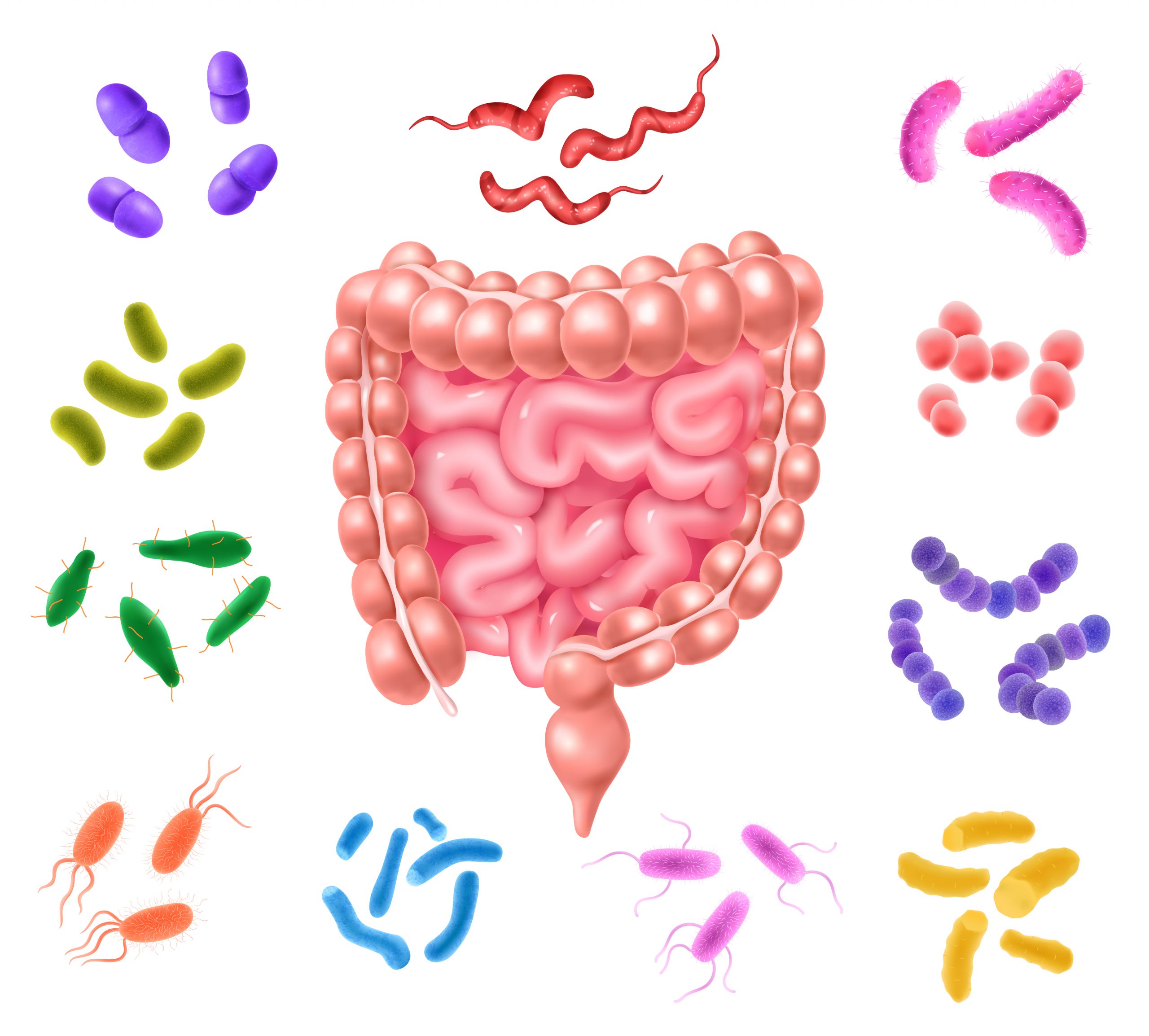

Inpatients were the subject of about 16 million operations in German hospitals in 2021. It is estimated to be roughly 1.1 million in Switzerland. Even if the procedure itself goes smoothly, it is not unusual for a wound infection to develop afterward, which can have serious repercussions for people who are impacted. Such infections can be lethal in rare circumstances.
According to a recent study, these illnesses are typically brought on by the patient’s gut bacteria. For this, the intestine needn’t even sustain damage during surgery. However, after surgery, these infections pass through the intestinal barrier and spread throughout the body through the blood and lymphatic system. Special immune cells that patrol all organs, including the liver, can block them.
This study was published in the current issue of the journal Cell Reports. Jointly responsible for this are Professor Guido Beldi, Chief of Visceral Surgery at the University Hospital for Visceral Surgery and Medicine at Inselspital in Bern, and Dr. Mercedes Gomez de Agüero, head of a junior research group at the Institute of Systems Immunology at Julius-Maximilians-Universität Würzburg (JMU).
“It has long been known that side infections increase mortality during invasive procedures. For this reason, extensive hygiene and asepsis measures are implemented to eliminate microorganisms in the surgical field,” explains Guido Beldi. As it now turns out, however, the danger comes from a completely different corner: the patient’s intestine.
“Several hundred strains of different bacteria with around one hundred trillion microorganisms live in the human intestine. They form the natural intestinal flora, also called the microbiome,” Gomez de Agüero explains. The existence of gut bacteria is beneficial to humans: they help with digestion, eliminate pathogens and train the immune system. However, this only applies as long as these gut bacteria do not overcome the so-called intestinal barrier and spread throughout the body.
However, this is exactly what can happen after a surgical procedure: “In our study, we analyzed the microorganisms that caused side infections in almost 4,000 patients after a major surgical procedure,” explains Guido Beldi. It showed that in virtually all cases, the infectious agents were bacteria from the patient’s intestine, such as Enterococcus, Escherichia coli and Clostridium.
They most frequently caused infections after operations on the liver, pancreas and bile ducts, as well as during operations on the small and large intestine. In particular, patients who underwent major liver resection—the removal of large parts of the liver—suffered such infections, which significantly delayed the healing process.
The liver actually plays a special role in this infection process, as the researchers were able to show in the mouse model, according to Gomez de Agüero: “We know that special immune system cells that reside in the liver are responsible for controlling these spreading bacteria and for the healing process after major surgery.” Innate lymphoid cells (ILCs), a kind of lymphocytes that play a significant role in the innate immune system, are what they are.
These ILCs are triggered and produce unique messenger chemicals, such as interleukin 22, a protein that can start and control immune responses, if germs from the intestine enter the liver through the bloodstream. By doing this, they encourage the production of antimicrobial compounds by liver cells.
“In this way, innate lymphoid cells residing in the liver control the systemic spread of intestinal bacteria and effectively combat side infections after surgery.”
“Boosting immunity thus represents a useful prophylactic and therapeutic alternative strategy to standard antimicrobial therapies to prevent concomitant infections after surgery,” suggests Guido Beldi. At least until it has been clarified which factors are responsible for the intestinal barrier no longer preventing intestinal bacteria from invading the interior of the body after a surgical intervention. The research team now wants to investigate these questions.
more recommended stories
 Nanoplastics in Brain Tissue and Neurological Risk
Nanoplastics in Brain Tissue and Neurological RiskKey Takeaways for HCPs Nanoplastics are.
 AI Predicts Chronic GVHD Risk After Stem Cell Transplant
AI Predicts Chronic GVHD Risk After Stem Cell TransplantKey Takeaways A new AI-driven tool,.
 Red Meat Consumption Linked to Higher Diabetes Odds
Red Meat Consumption Linked to Higher Diabetes OddsKey Takeaways Higher intake of total,.
 Pediatric Crohn’s Disease Microbial Signature Identified
Pediatric Crohn’s Disease Microbial Signature IdentifiedKey Points at a Glance NYU.
 Nanovaccine Design Boosts Immune Attack on HPV Tumors
Nanovaccine Design Boosts Immune Attack on HPV TumorsKey Highlights Reconfiguring peptide orientation significantly.
 High-Fat Diets Cause Damage to Metabolic Health
High-Fat Diets Cause Damage to Metabolic HealthKey Points Takeaways High-fat and ketogenic.
 Acute Ischemic Stroke: New Evidence for Neuroprotection
Acute Ischemic Stroke: New Evidence for NeuroprotectionKey Highlights A Phase III clinical.
 Statins Rarely Cause Side Effects, Large Trials Show
Statins Rarely Cause Side Effects, Large Trials ShowKey Points at a Glance Large.
 Anxiety Reduction and Emotional Support on Social Media
Anxiety Reduction and Emotional Support on Social MediaKey Summary Anxiety commonly begins in.
 Liquid Biopsy Measures Epigenetic Instability in Cancer
Liquid Biopsy Measures Epigenetic Instability in CancerKey Takeaways Johns Hopkins researchers developed.

Leave a Comment